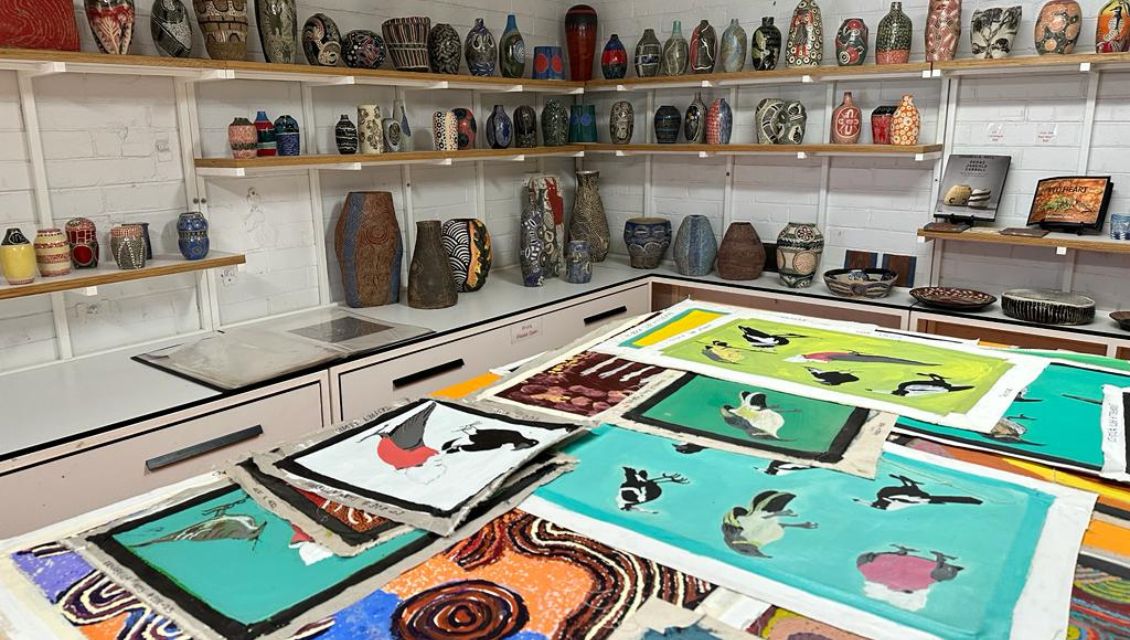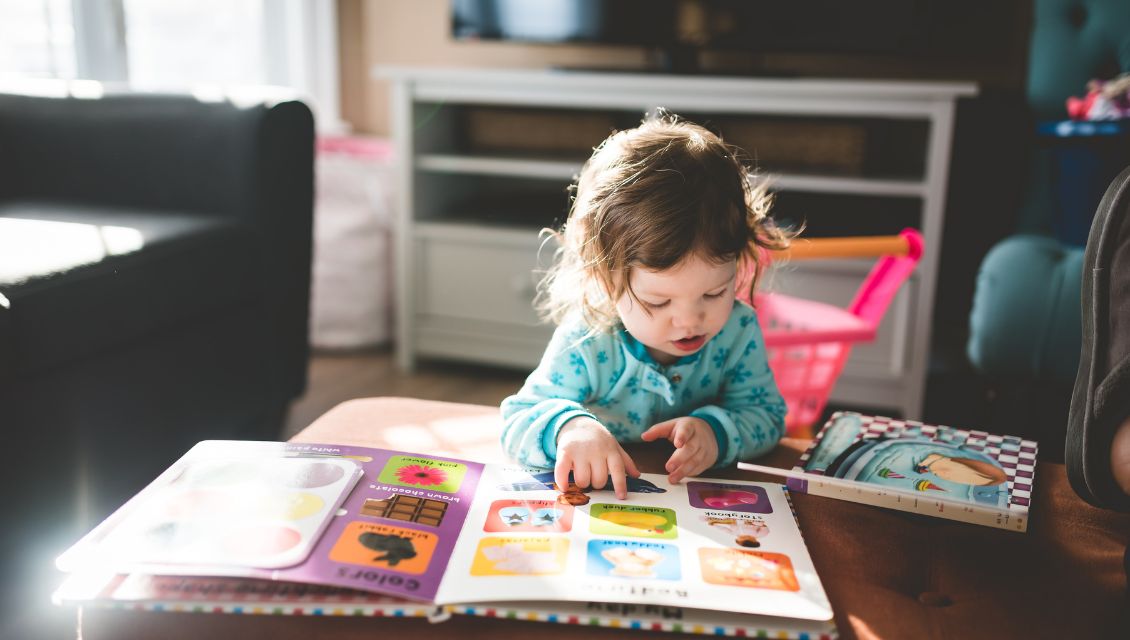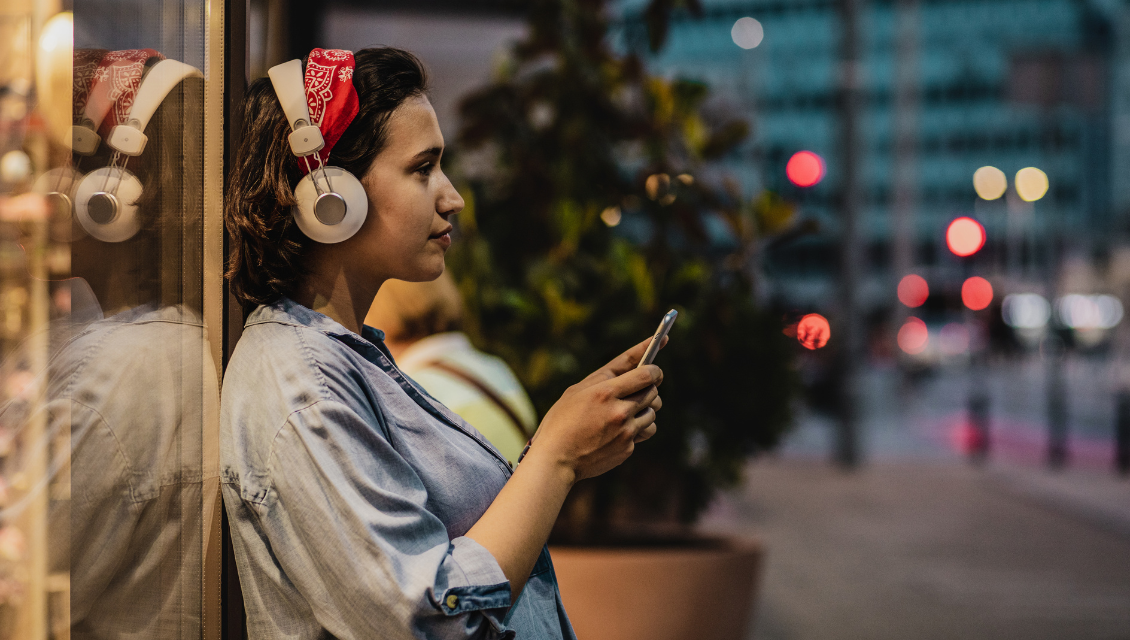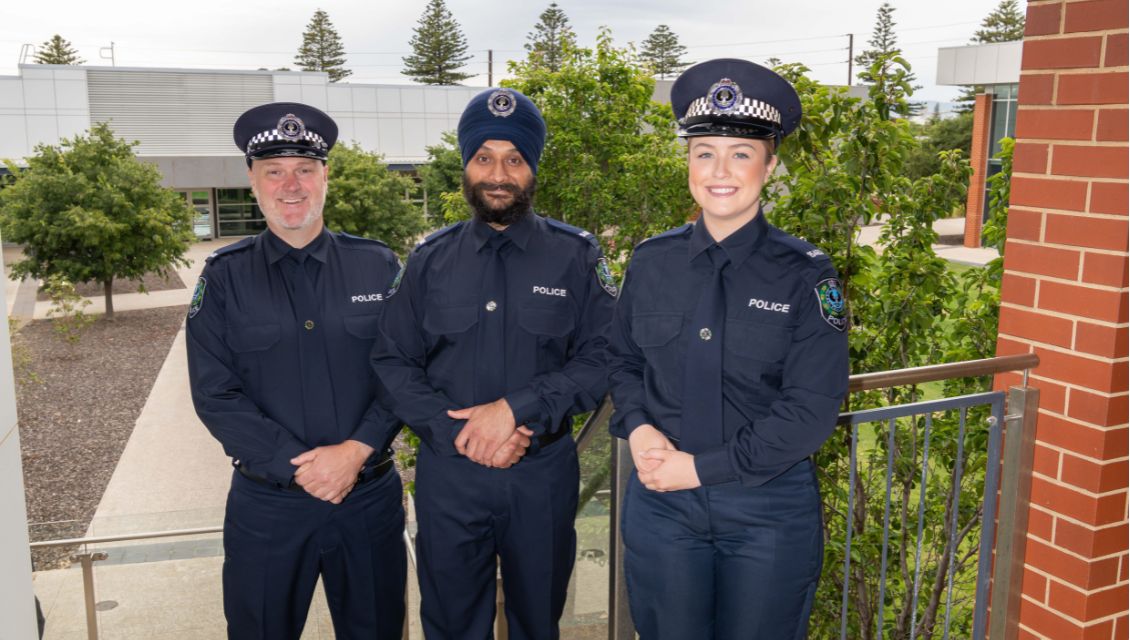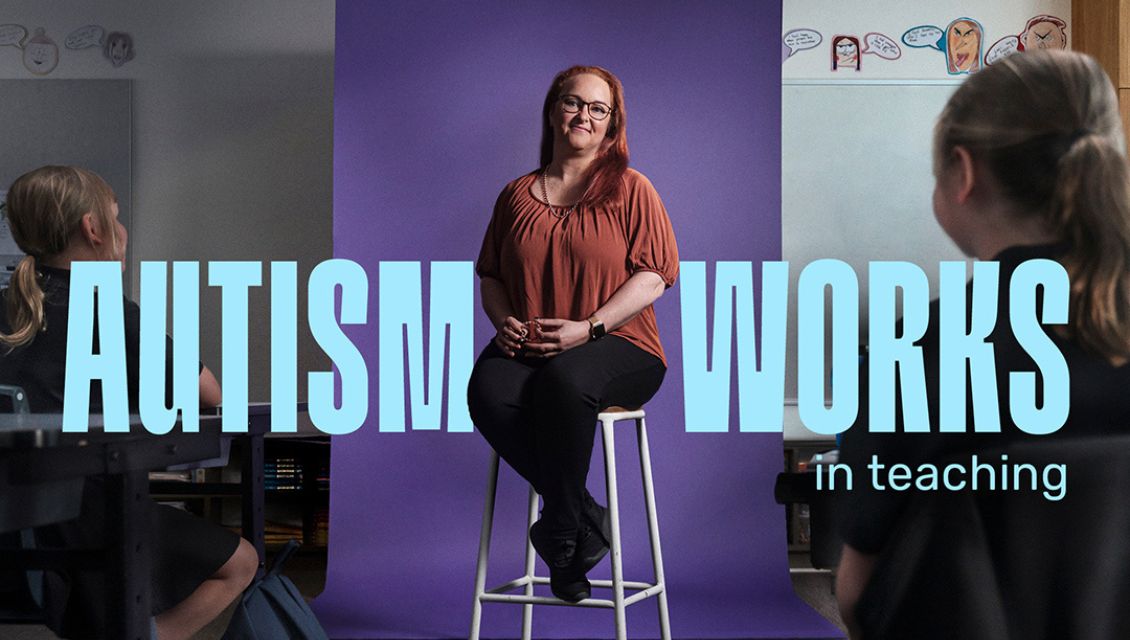
It’s estimated that half of all Australians are now living from pay cheque to pay cheque, with no money saved up for emergencies.
There are plenty of challenges that could make someone’s financial situation worse. It might be a change in where they live or who they live with, being sick for more than a week or two, losing their job, or having loans and credit cards that are impossible to pay down.
Asking for help at any stage can put you in a much better situation for the future.
For young people and those with big plans – like homeownership, or starting a business or a family – getting into a better financial position now and maintaining it is important.
Getting help can really change the course of your life, and thankfully a program is offering exactly that.
What is the Financial Wellbeing Program?
In August this year, the South Australian State Government announced a $4.8 million Financial Wellbeing Program.
It’s being provided through a state-wide network of existing community services organisations that already work in the areas of emergency financial assistance and financial counselling. As a result, it’s up and running right now.
For people who are struggling during this cost of living crisis, the Financial Wellbeing Program means they can get help sooner. The program offers immediate emergency assistance – such as food, chemist and transport vouchers – as well as a range of services to help people get out of, or avoid falling into, serious debt.
The program can help people immediately and in the short-term, as well as provide advice to ensure that people have a long-term plan.
The five essential components of the Financial Wellbeing Program are:
- Financial counselling from non-judgemental, qualified people, who can help you negotiate better bill and loan payment terms and let you know about other financial support you’re entitled to.
- Emergency assistance such as food relief or payment of bills.
- Budgeting support to help you manage your money better and where possible build an emergency fund.
- Connections and referrals to other organisations who can also help you – these can include multicultural, domestic and family violence, and parenting support services.
- Timely triage so people get the help they need as quickly as possible.
So, who is eligible for help?
First off, let’s be clear that this cost-of-living crisis is impacting many, many people, including those who never thought they’d have to ask for help.
We’re living through a storm where wage growth hasn’t kept up with high inflation, the cost of food has increased by 7.5% in the past year, and 12 interest rate hikes since May 2022 have crushed both mortgage holders and renters.
So, finding yourself unable to pay a bill, make your pay last the whole week or buy food is nothing to be ashamed about.
Now, back to who’s eligible…
The Financial Wellbeing Program is open to any person living in South Australia – from families and couples to students and apprentices, and from people living on their own to those in share houses.
A range of services in the program are available to everyone, plus some that are specifically for people on low or fixed incomes.
What services can you access – and what’ll they cost you?
Except for No Interest Loans (more on that in a minute), all the services are free.
In addition to the services covering the five dot points above (financial counselling, emergency assistance, prevention, connections and timely triage), some of the organisations in the network can help with a No Interest Loan (NIL).
These are interest-free loans that can be used to buy essential household goods, like a washing machine or furniture, or pay for car repairs and registration, medical and dental bills, or education expenses, including buying things like a laptop for school or work.
To be eligible for a No Interest Loan, you must be on a low or fixed income. This could be a wage or you might be receiving support from the government, such as Job Seeker or Youth Allowance.
Where to find help near you
The Financial Wellbeing Program will be offered across all regional areas of the state, as well as in metropolitan Adelaide, through several community services organisations.
Service providers for the program are:
- Lutheran Care (Adelaide Hills)
- Lutheran Care (Barossa, Light and Lower North)
- Uniting Communities (Eastern Adelaide)
- Centacare Catholic Country (Eyre and Western)
- Uniting Country SA (Far North)
- Junction Australia (Fleurieu and KI)
- ac.care (Limestone Coast)
- ac.care (Murray Mallee)
- Anglicare SA (Northern Adelaide)
- Uniting Communities (Southern Adelaide)
- UnitingCare Wesley Bowden (Western Adelaide)
- Uniting Country SA (Yorke and Mid North)
If you or someone you know is experiencing financial stress, you can find emergency help with finances here.
This story originally appeared on The Post - a media partnership between the Government of South Australia and Solstice Media to inform young South Australians about the policies that underpin issues affecting their lives.

